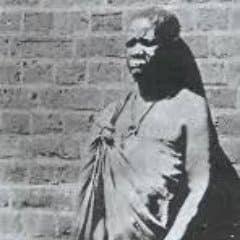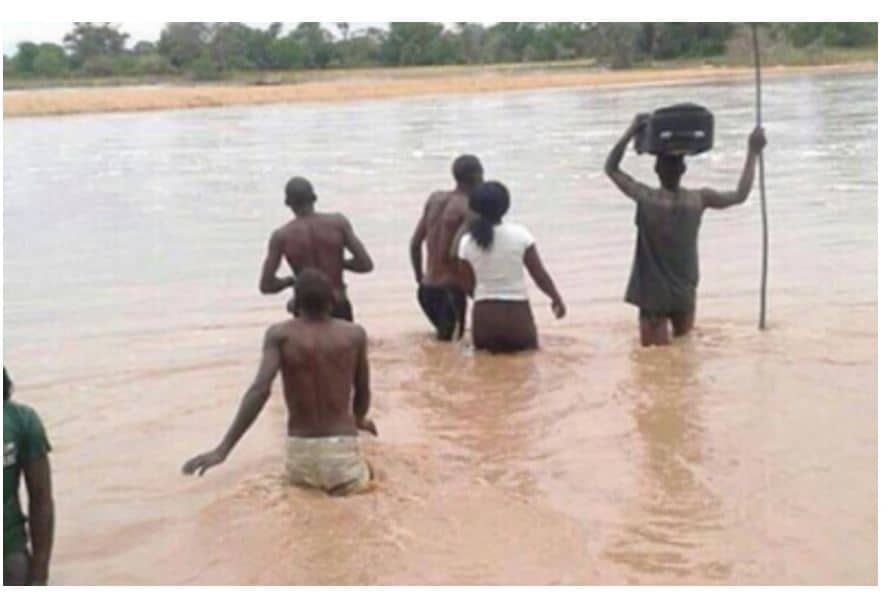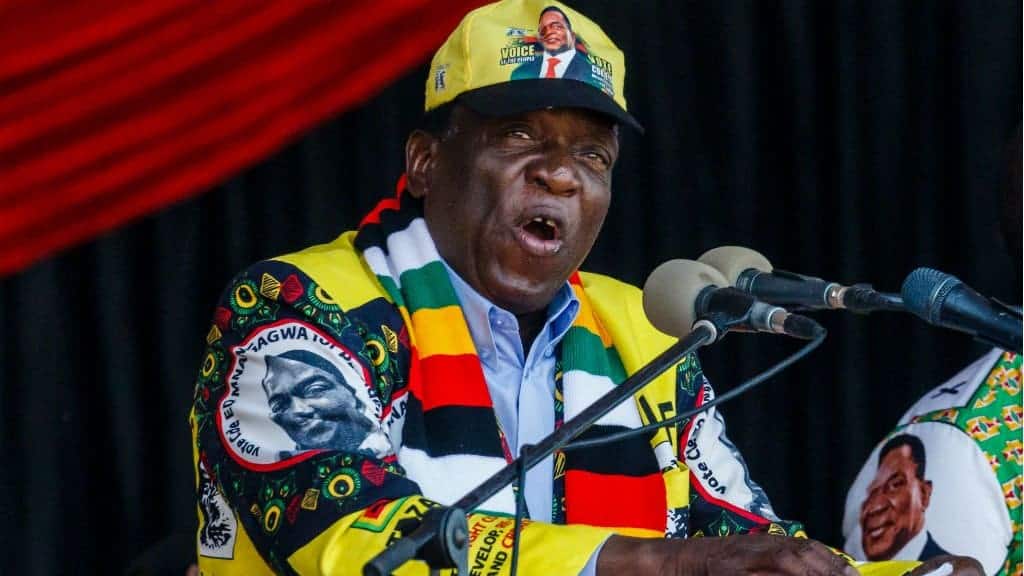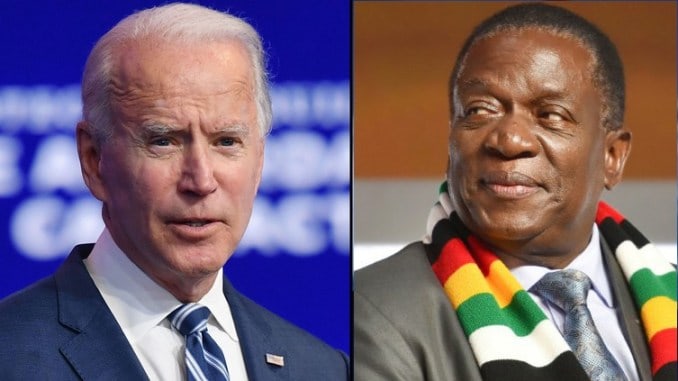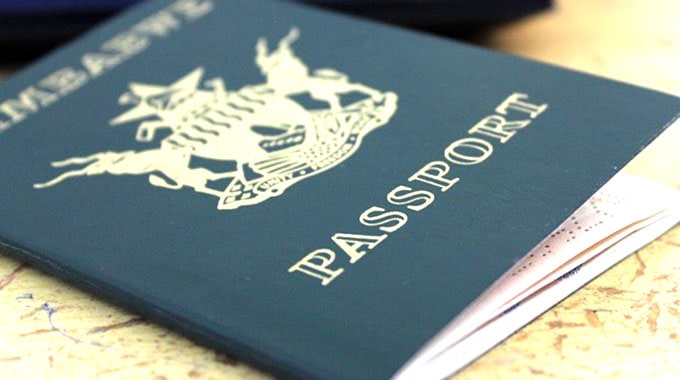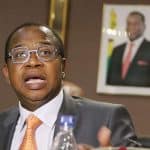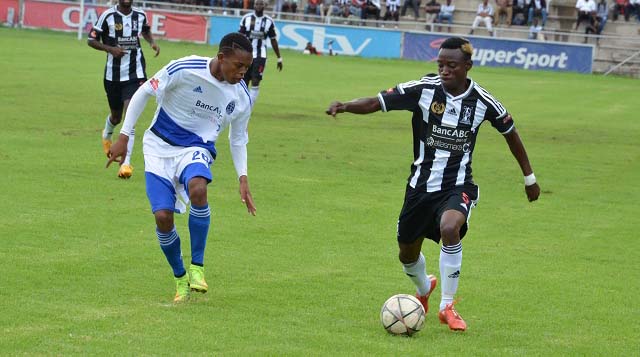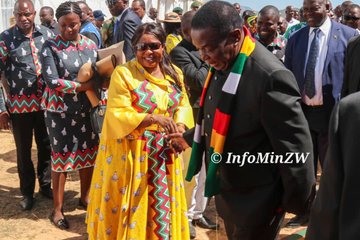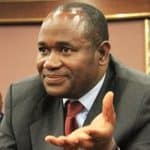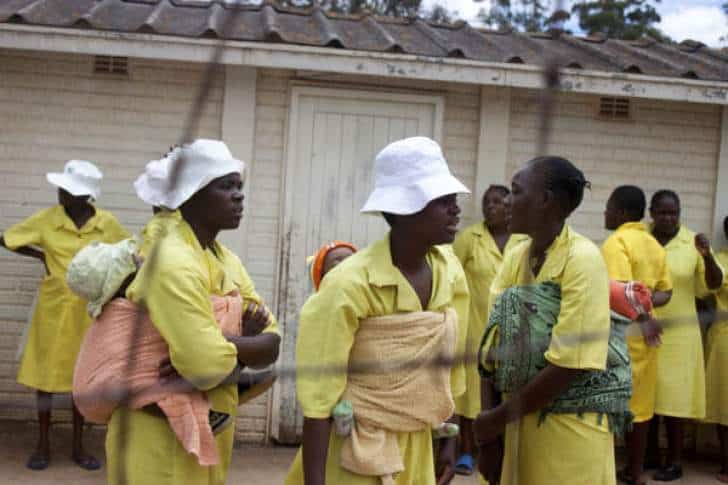If there’s probably, one single occasion that celebrated First Chimurenga heroine and spirit medium, Mbuya Nehanda (or more precisely Nehanda Nyakasikana) had her utterances aptly captured, it was the day she figuratively uttered the words- Mapfupa angu achamuka, roughly translated to ‘my bones will rise again’.
Nehanda, historically revered as a spirit medium who organised and led the 1896-7 uprising against the pioneer European settlers, is also credited for playing a magnanimous role, albeit posthumously, in the Second Chimurenga liberation war which freed Zimbabwe from the brutish British colonial regime in 1980.

And, disregarding the figurative connotations of Nehanda’s utterances about her bones- yes the same bones she historically pronounced will rise again- are literally speaking, perched in some British museums, media reports say.
For a moment dear Zwnews reader, forget the hullabaloo surrounding Nelson Chamisa’s so-called abominable belittling of Mbuya Nehanda and come to think of it: her sacred bones are in Britain!!
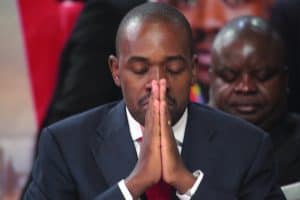
Cuddling the vernacular Shona for purposes of this particular instalment, ‘mapfupa a Nehanda’ (yes the spiritual Nehanda Nyakasikana whose bones shall one day rise) are in the hands of the former colonial master.
Her bones were flown to the UK!
According to one report in a state-owned weekly, a team of Zimbabwean experts is set to travel to the UK ‘for a due diligence exercise required to positively identify several human remains believed to be of First Chimurenga heroes and heroines shipped as war trophies to Europe during the early years of colonial occupation’.

And, some of the skulls belonging to the beheaded heroes of Chimurenga 1, are believed to belong to Mbuya Nehanda, Sekuru Kaguvi, Chief Mashayamombe Chinengundu and Chief Makoni Chingaira, among several other history-making African leaders in the battle for land ownership in Zimbabwe.
Since the epoch of dethroned Zimbabwean dictator Robert Mugabe, replaced by incumbent president Emmerson Mnangagwa during the dramatic political events of November 2017, Harare has continued to push for the repatriation of dozens of skulls of First Chimurenga war heroes, who were beheaded by British invasion forces at the height of the first uprisings against colonialism.
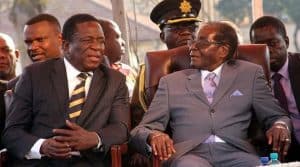
They are being held on display at some British museums, miles away from Dzimbahwe!
Only a fortnight ago, the issue came up for discussion in the British House of Commons, with parliamentarian Stephen Ferry asking the UK Secretary for Culture, Caroline Dinenage, about the progress on the repatriation of the war trophies.
“To ask the Secretary of State for Digital, Culture, Media and Sport, what progress is being made on the repatriation from the UK to Zimbabwe of the remains of (a) Mbuya Nehanda, (b) Sekuru Kaguvi and (c) the 25 First Chimurenga fighters,” a report in the Sunday Mail quoted Ferry as saying.

Caroline Dinenage
Although Dinenage’s response was that ‘it is not confirmed that the remains of Mbuya Nehanda, Sekuru Kaguvi and the 25 First Chimurenga fighters are held in a UK institution’, in March this year, the British Government invited Zimbabwe to deploy a team of experts to verify the origins of a catalogue of skulls, but travel restrictions necessitated by the Covid-19 pandemic delayed the trip.
In 2019, the National History Museum in London submitted a report to Zimbabwean authorities detailing the origins of several human remains they were holding as part of their catalogue.
The archival report, compiled by a team of British experts, traced the origins of individual skulls using documentation that was used at the time to facilitate the artefacts’ shipping to Britain, state media reported.
The coronavirus pandemic has solely remained the major stumbling block to the impending expedition of Zimbabwean experts in the land of their erstwhile conquerors to verify if the remains in the British museums belong to the spiritual heroes of the country’s liberation struggles.
“Because of travel restrictions, our experts had to postpone the trip to the UK and wait for the situation to reach some kind of normalcy,” said National Museums and Monuments of Zimbabwe (NMMZ) director Dr Godfrey Mahachi.
“But this is something that clearly remains a priority. But now we are just waiting for the restrictions to be relaxed a bit more and once they signal that they are ready to receive us, then we will be travelling there,” he said.
Zimbabwe’s envisaged move comes barely nine years after the Namibian Government carried out the same exercise and successfully repatriated dozens of human skulls and skeletons from past colonisers, Germany.
The remains repatriated by Namibia in 2011 belonged to its locals who perished in bloody concentration camp over a century ago.
state media
Additional Reporting: Zwnews

